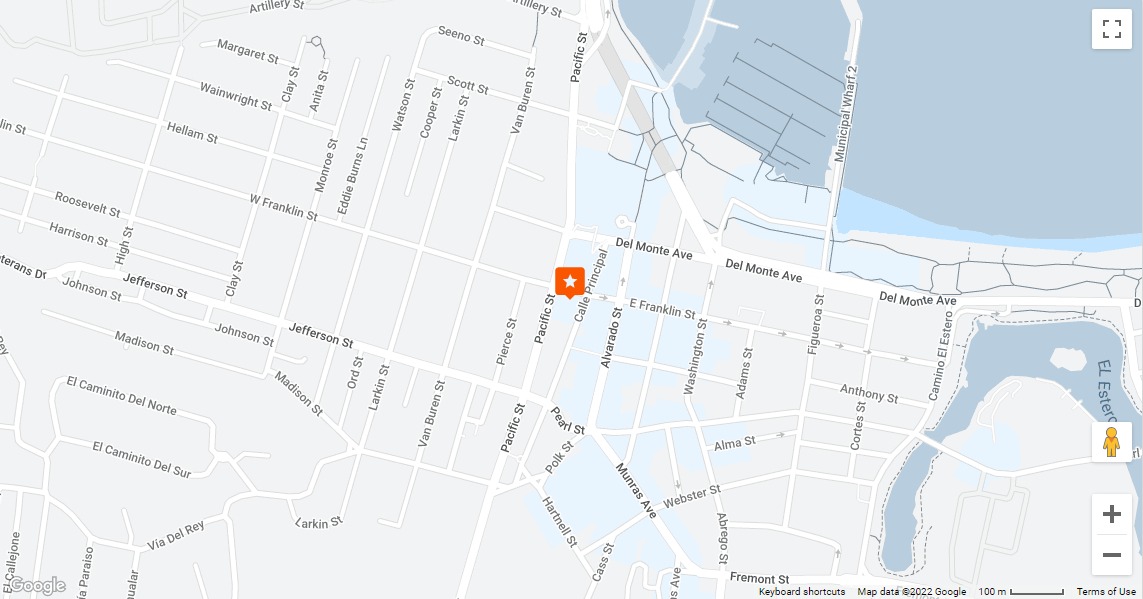What is considered defamation in California?
Defamation or defamation of character is broken up into two different types: slander & libel.

You worked hard to make your way to the top. Sometimes that makes people jealous. Sometimes jealous people make up things to hurt your reputation. “Defamation” or “defamation of character” is a catch-all for any false statement that hurts your reputation. Defamation or defamation of character is broken up into two different types. There is “slander”, which is when the person spreading the lies does so while speaking. There is “libel”, which is when the person spreading the lies does so in writing.
How do I prove defamation in California?
The most important thing about defamation is that the statements must be false, and must be statements of fact, and not merely opinion. People are free to state opinions about people. For example, if I say, “I think Bill is a jerk.”, then that’s a statement of opinion. But, if I say, “Bill stole $500 from the PTA fundraiser.”, then that’s a statement of fact, and if it’s false, Bill has a good cause of action for defamation against me. But, what if Bill actually stole $500 from the PTA fundraiser? Well, then Bill would not have a good case against me since I didn’t lie. Truth is an absolute defense to defamation.
What types of things are considered defamation in California?
California courts have recognized lots of different examples of defamation. Defamation can include:
- Spreading unsubstantiated rumors about a person’s sex life;
- Saying a person was lying when they were not; and
- Saying a person was a poor performer in order to justify an illegal termination.
What is libel in California?
California Civil Code Section 45 defines libel as a “false and unprivileged publication” that is written, depicted, or otherwise captured in some form that can be read or seen. It must expose the subject to “hatred, contempt, or ridicule”, or cause them to be “shunned or avoided”, which injuries his or her occupation or livelihood.
What is slander in California?
California Civil Code Section 46 defines slander as a “false and unprivileged publication”, which is spoken or “orally uttered” and which injures the subject in terms of his or her profession or livelihood, or somehow connects them to criminal activity.
There is also a difference between private and public figures (think regular Joes vs. celebrities). For example, if a private person is suing for defamation the person making the statement can be held liable for defamation if he or she:
- Knew the statement was false and defamatory; or
- Acted with reckless disregard of the truth or falsity of the statement; or
- Acted negligently in failing to ascertain whether the statement was true or false.
But, if the person is a public figure, then the person making the statement can only be held liable if they made the statement knowing it was false, or acting with reckless disregarding of the truth or falsity of the claim. So, it is harder for public figures to prove defamation.
What can I recover if I have been defamed in California?
If a plaintiff can prove a statement was defamatory, that is false, and unprivileged, they are entitled to damages for the actual injuries they suffered as a result of the false and defamatory statements. This can include things like:
- Lost wages;
- Lost earning capacity;
- Pain and suffering;
- Impairment to reputation and standing;
- Personal humiliation;
- Shame; and disgrace.
Defamation cases often lead to findings of malice, fraud, or oppression, subjecting the defendant to punitive damages. Punitive damages are a special type of damages designed to punish the defendant for engaging in such despicable conduct.
How long to I have to file a defamation lawsuit in California?
You have one year to file a defamation lawsuit in California. The clock starts to run on the date on which the defamatory statement was published.
What should I do if I have been defamed in California?
If you think you have been defamed in California, you should act fast to ensure you do not lose your right to bring a defamation cause of action. Defamation is a tricky area of law. It can be incredibly nuanced with SLAPP and Anti-SLAPP motions, which could end up costing the unsuspecting plaintiff dearly. So, you want a lawyer who has substantial experience litigating defamation claims. Defamation attorney, John McCarthy, has substantial experience handling defamation claims for folks who have had their reputation sullied by the lies of others. We offer a free, confidential, case evaluation. If we think we’re in a position to help, we’ll reach out to schedule a free consultation. If we’re not in a position to help, we’ll send you resources to help you understand the law, find a lawyer who might be willing to help, and even represent yourself. You don’t have much time to act. So, why wait?
OUR FAST, FREE, CONFIDENTIAL, CASE-EVALUATION FORM IS DESIGNED SO YOU CAN TELL YOUR STORY, DIRECTLY TO JOHN
START AN EVALUATIONYour responses will go straight to John’s inbox. John will review and respond by the end of the business day. If John thinks he can help, he’ll email you a link to schedule a free consultation with him. If John doesn’t think he can help, he’ll email you resources to help you understand the law, find a qualified lawyer to help you, and take steps to protect your rights. No waiting around.


